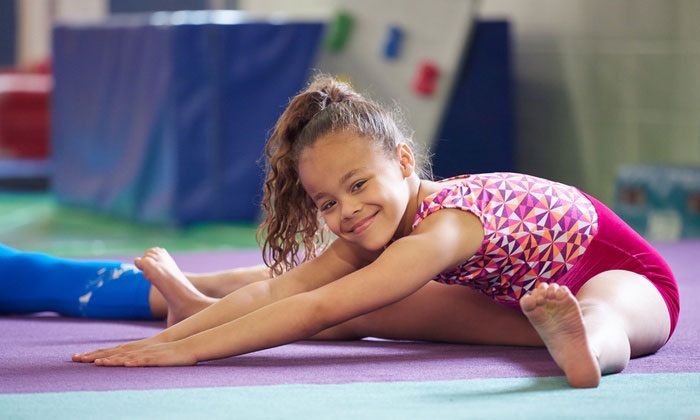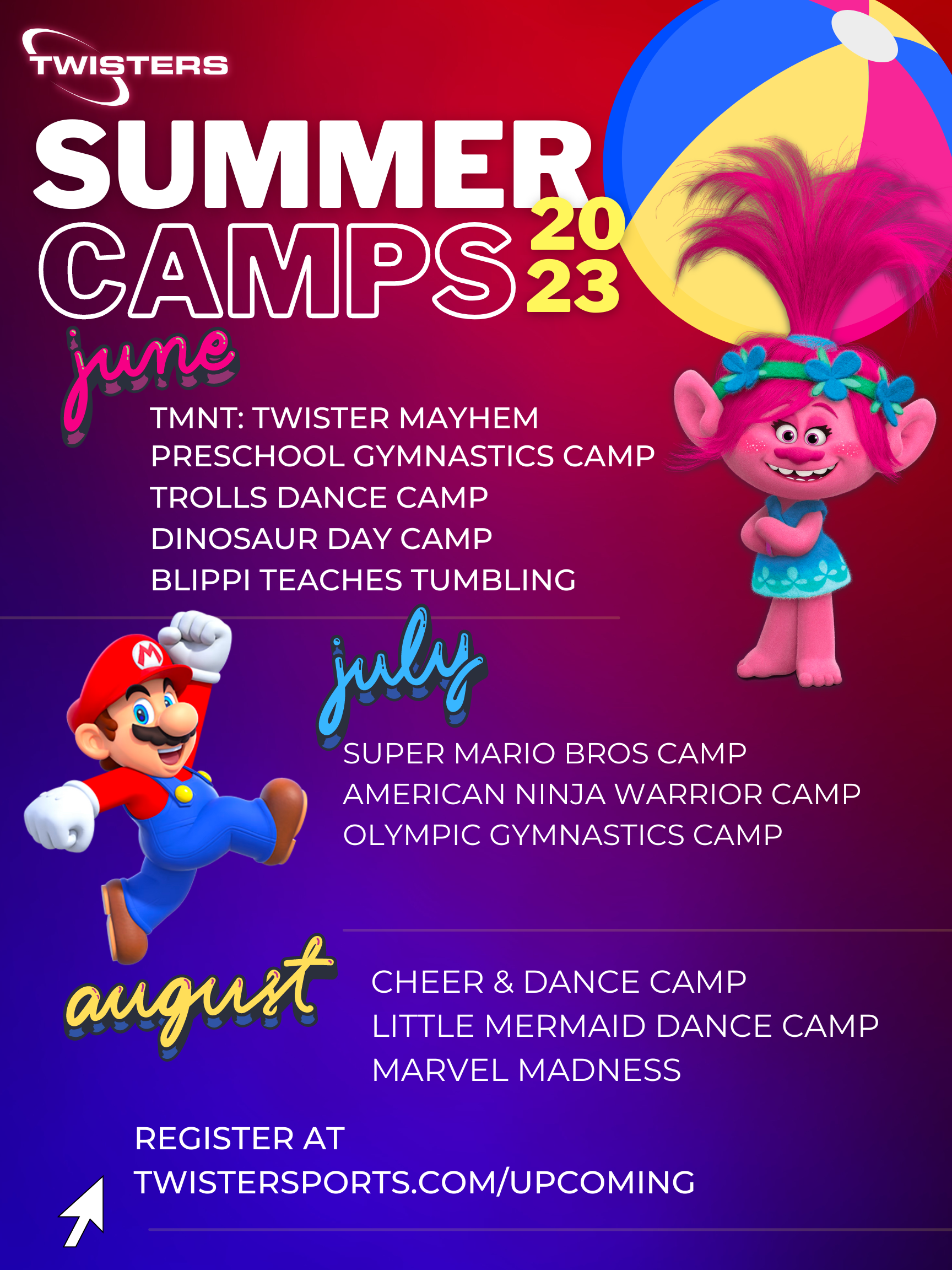Imagine your child has a back handspring and has been doing them for months now, but all of a sudden one day they are incapable of doing it without assistance. They are unsure of what is going on, but you can see that this is frustrating them. Quite frankly, it’s frustrating you as a parent too. In fact, you’ve seen this skills so many times in your backyard and living room, that you know your child is pulling one over on you. So you tell her to, “Do it!”
Your child gets upset. She says she physically can’t do a back handspring. After practice you try to ask what happened and they are unable to give you a reason other than, “I just can’t,” or “My body wouldn’t let me.” This makes no sense. Within minutes, you find yourself arguing with your child about what is wrong only further upsetting you and your child. This whole process is not only frustrating for you as the parent, the coach, but also the athlete.
What a Mental Block is….And What it is Not.
A mental block is not an athletes’ stubbornness to not perform a skill, but rather they have a chemical imbalance within their brain. This is a classic case of “fight” or “flight”. In the child’s brain, they are “fleeing” from a dangerous action as if they’ve never done a back handspring before. Knowledge and memory tells us we have. Intuition tells us this is a dangerous skill that our body shouldn’t attempt. A series of events have led up to this moment and have programmed the brain to respond to this skill in a manor of fear.
Fight, Flight or Freeze
Fear releases a chemical in the brain that tells our body is in danger. This is a natural response to situations where our brain sees something detrimental to the health of the athlete; causing the athlete to fight, flight or freeze. Most athletes will freeze and not perform the skill. Like in a situation with post traumatic stress, the athlete draws a blank. She cannot force her body to do the skill.
Others can experience flight where they will avoid the skill all together, and finally fight, where the athlete will lash out at their coach or parents because they do not want to perform the skill. While this chemical imbalance is emotionally challenging, it can repair back to normal.
How do you get a Mental Block?
Mental blocks most often occur when an athlete is recovering from an injury or had a scary fall (even if they did not get injured). An athlete’s brain will remember the injury and prevent them from performing their skills again because they don’t want to get hurt again. The injury could have happened recently, or more often than not, the injury or “scare” happened weeks or months ago. These same athletes develop mental blocks because they expect to pick up right where they left off and that is not always possible.
If you were out for an extended period of time how can you expect your body to perform at a level your were at when you were healthy?
For athletes who are currently injured here are five tips for preventing a mental block when you are healthy again.
#1 Stay Conditioned
Work on your core and cardio as much as the doctor allows Focus on an area you are weak in (shoulder strength or flexibility, for example) and work on it in your down time.
#2 Visualization
Prepare and focus to flip again. Watch videos of you tumbling before your injury or videos of these skills you are preparing to work on again.
#3 Set Realistic Expectations
It is unrealistic to expect you’ll pick up RIGHT where you left off. It is realistic however, to recognize how your body feels and know that you’re likely to progress a little every day.
#4 Pace Yourself
Allow your fight or flight response to acclimate itself again with your tumbling. Start with the basics and build up from there.
#5 Coaches and Parents Be Supportive and Eliminate Pressure
If athletes don’t have time to prepare their bodies mentally and physically they are more likely to experience mental blocks. No matter the injury of the athlete there are always step that can and should be taken to help them grow and sustain a healthy mind and body.
During a true mental block, you will be exhausted, because you just want your child to succeed and take away all the pain they feel during this frustrating time. Taking small steps and recognize that the progress is one of the best things we can do for our athletes. There is no miracle fix to getting over a mental block; our athletes need time to retrain their brain to remove the fear that is stopping them from succeeding.
During times athletes experience mental blocks I have seen parents dangle incentives in front of their child assuming that this will fix the problem. Promising your child an iPhone or $100 if they get their skills back will only cause more stress and pressure on the child. They will be so consumed by their reward they will not be able to give all their focus on fixing the issue. Remember – they want their skills back even more than you do.
Stay positive and trust the process. Your athletes will be glad you did.








